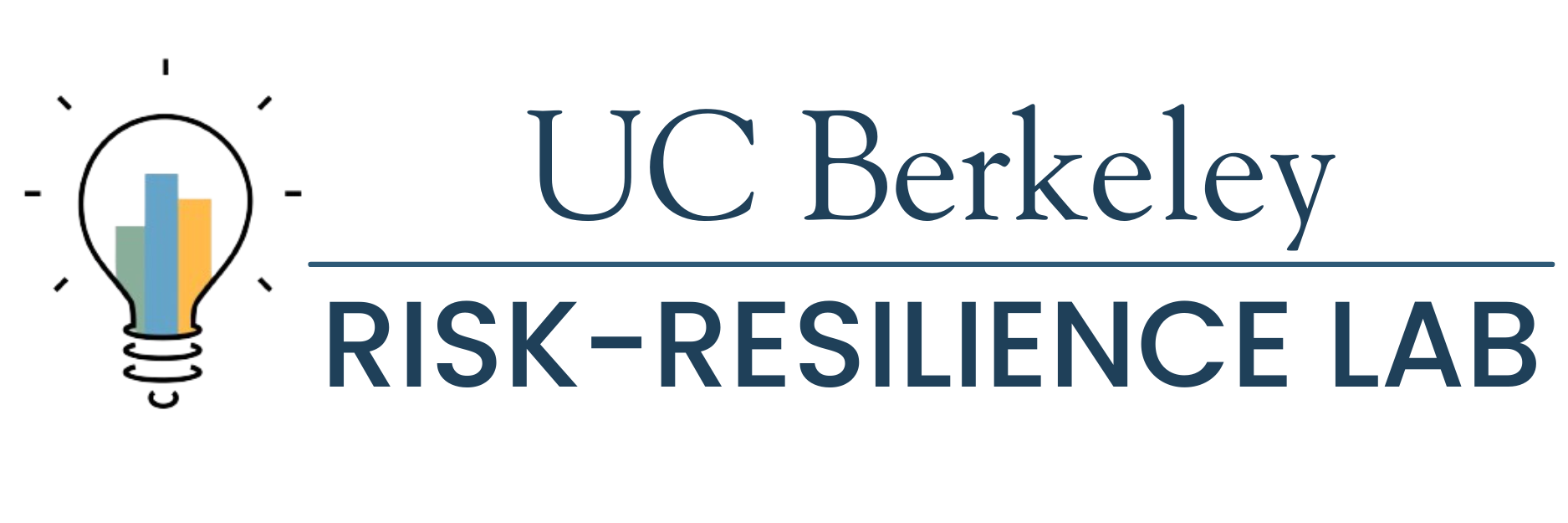Probation, Mental Health, and Mandated Treatment: A National Survey (2006)
Abstract
A large number of probationers with mental illness (PMIs) are under supervision in the United States. In this national survey, we compared the supervision approaches of a matched sample of 66 specialty mental health and 25 traditional probation agencies. The prototypic specialty agency has five key features that distinguish it from the traditional model: (a) exclusive mental health caseloads, (b) meaningfully reduced caseloads, (c) sustained officer training, (d) active integration of internal and external resources to meet PMIs’ needs, and (e) problem-solving strategies as the chief means for addressing treatment noncompliance. Probation supervisors perceived these specialty features as “very useful” and perceived specialty agencies as more effective than traditional ones for PMIs. However, the most important feature of the prototypic specialty agency may also be the most endangered: reduced caseloads. Implications for research and practice are presented.
Skeem, J., Emke-Francis, P., & Eno Louden, J. (2006). Probation, mental health, and mandated treatment: A national survey. Criminal Justice and Behavior, 33, 158-184. doi:10.1177/0093854805284420
Link to Article: https://journals.sagepub.com/doi/abs/10.1177/0093854805284420

